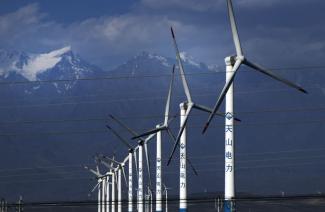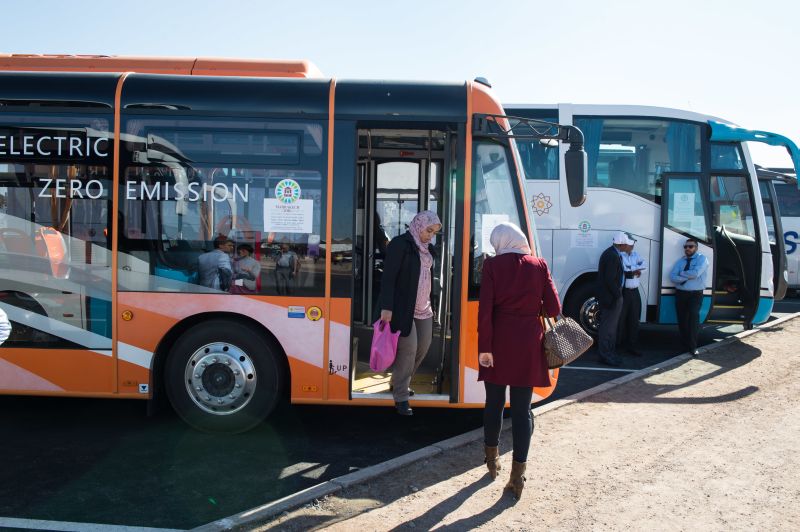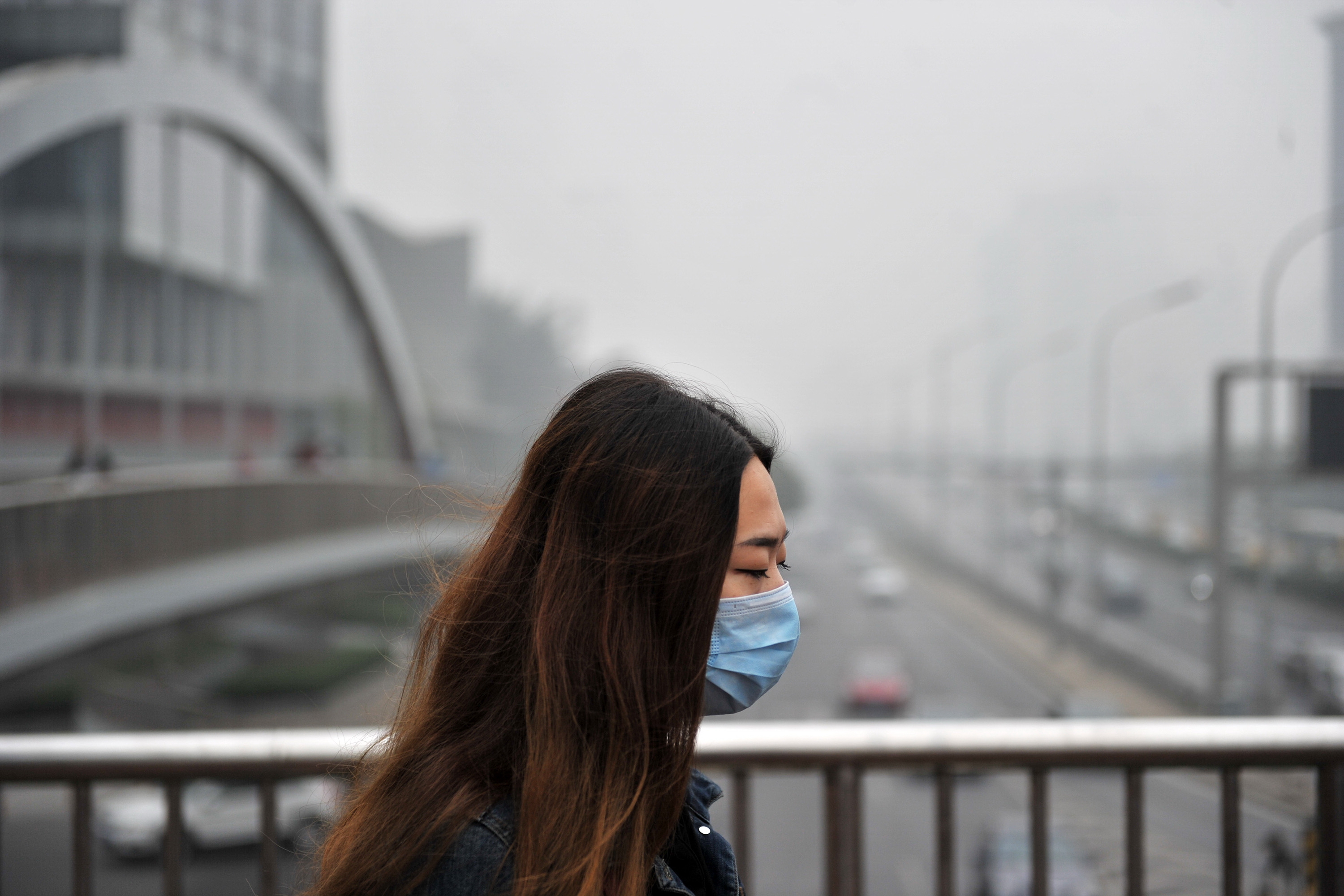CO2 emissions
Make Xi keep his climate promises

China even seems to be on track to exceed its Paris promises, according to the study. It was written by Lauri Myllyvirta, Huwei Zhang, Xinyi Shen and Yunqing Bi on behalf of CREA, the Centre for Research on Energy and Clean Air, a new think tank, which lead author Myllyvirta co-founded.
The UN climate summit in Paris in 2015 marked a paradigm shift. Rather than opting for global emissions targets, every nation is since expected to pledge what nationally determined contributions (NDCs) it would make to climate protection. China’s initial promise was to make its emissions peak in the year 2030, but in September last year, China’s President Xi Jinping announced: “We aim to have CO2 emissions peak before 2030 and achieve carbon neutrality before 2060.”
To meet Xi’s new long-term vision, China will have to take short-term action, the authors state. They point out that China’s share of global emissions increased rapidly – from less than 10 % in 1990 to more than a quarter in 2019.
The Böll Foundation report assesses how decision-making should proceed on the practical level. The authors consider the 14th Five-Year Plan particularly important. It was released in March 2021 and, according to environment experts, does not indicate significant change. Late last year, Myllyvirta and her co-authors had written in their Böll report that the plan would have to include decisive new measures for lowering CO2 emissions per unit of GDP. Instead, the new five-year plan largely re-affirms the targets spelled out in the previous one.
The Böll document warns that those targets are insufficient. On the other hand, it points out, that China has, for some time, been preparing to scale up its NDCs to reach the CO2 peaking target by 2025, but the government has not done so yet in order to keep some diplomatic negotiating chips.
Covid-19
Policymakers, moreover, are facing unexpected challenges. As elsewhere, Covid-19 has disrupted economic development in China. So far, the policy response to the pandemic has increased the role of government in the economy, the report argues. State investments in infrastructure, construction and industrial projects have been driving GDP growth recently, with construction and heavy industries being said to have rebounded much faster than household consumption and service sectors. In other words, energy-intensive industries have been particularly important, increasing the climate-neutrality challenge.
The report insists international partners such as the European Union (EU) should take Xi by his word, advising them to apply both “hard” and “soft” power to nudge China in the right direction. China is a decentralised dictatorship, the authors argue. Policies are drafted at local and subnational levels, but then need approval from the top layers. Accordingly, international partners can engage Chinese policymakers at different levels, but need to find the appropriate approach for doing so, the policy paper suggests.
Myllyvirta et al. see the EU in a role of leadership in talks with China. The advice is to share best practices on energy and environment governance with Chinese partners. As an important trading partner, the experts argue, the EU could also press China to adhere to sustainability principles in its Belt and Road Initiative (BRI), its major funding programme in support of international infrastructure construction. Environmentalists accuse the BRI of often neglecting climate issues.
The report was published in December 2020, before Joe Biden became US President. It does not discuss the Biden administration’s strong interest in climate matters.
Link
Lauri Myllyvirta et al, 2020: Political Economy of Climate and Clean Energy in China.
https://www.boell.de/sites/default/files/2021-01/Clean_Energy_in_China_endf.pdf?dimension1=division_ip
Ronald Ssegujja Ssekandi is from Uganda and studies development management at Ruhr University Bochum. The masters’ programme is part of AGEP, the German Association of Post-Graduate Programmes with Special Relevance to Developing Countries.
sekandiron@gmail.com













